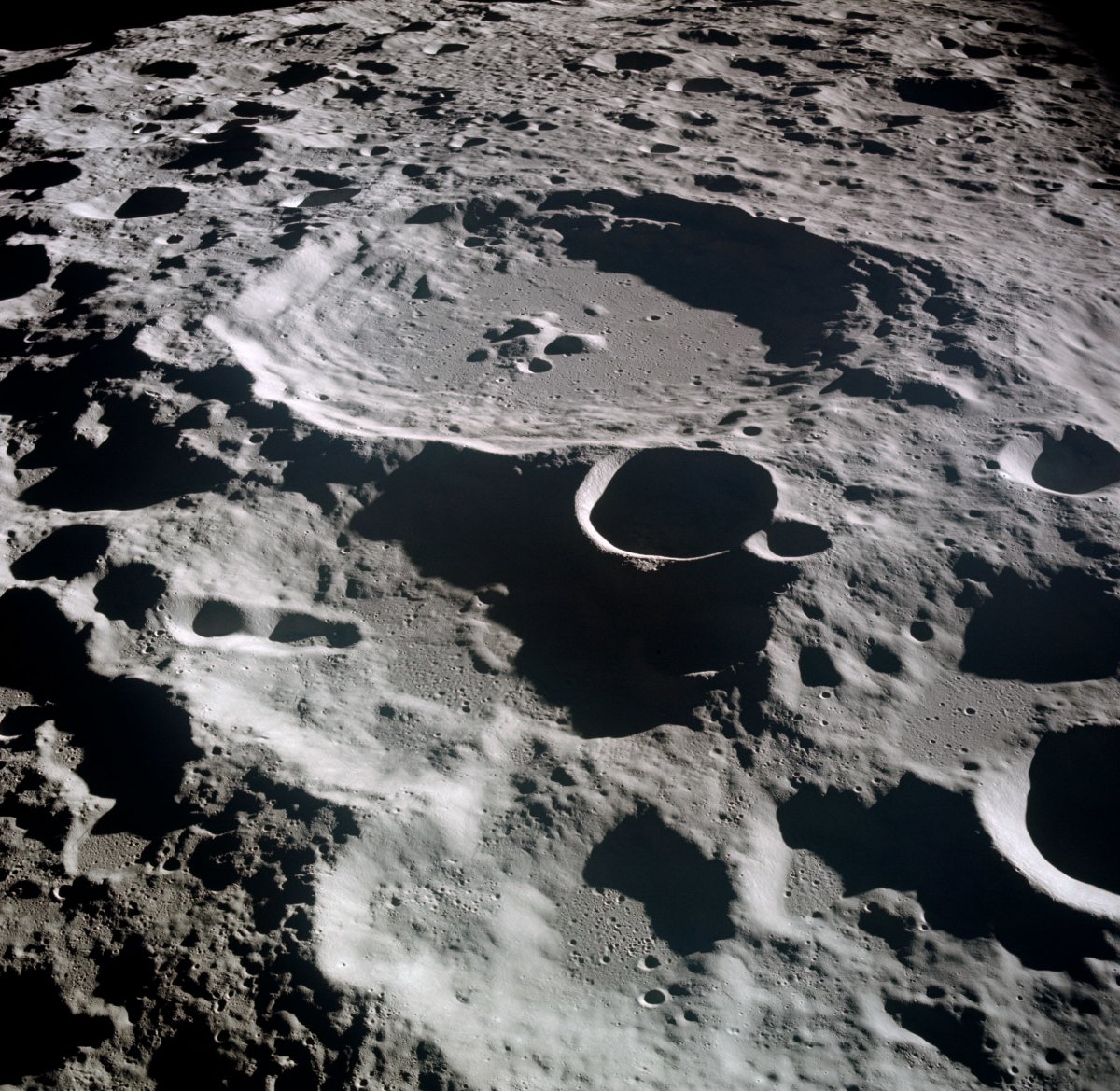Tested: Unix derivative MidnightBSD 2.0 with many open construction sites
Source: Heise.de added 23rd Nov 2020Developer Lucas Holt has released version 2.0 of his operating system, MidnightBSD, named after his cat. Unlike the “distributions” GhostBSD, NomadBSD or the recently discontinued FuryBSD, MidnightBSD is not based on a current FreeBSD, but is a fork of the FreeBSD 6.1 beta 2005. It is comparable to DragonflyBSD, which the developers around Matt Dillon created as a fork of FreeBSD 4.8.
Of course, with a fork you can use the Progressive development of FreeBSD does not always take over 1: 1 into the own system, but has to add innovations and security patches by hand. That means an immense amount of work – and as a short test run showed, MidnightBSD 2.0 has numerous construction sites.
mports – its own port management MidnightBSD 2.0 brings some innovations, for example LLVM 8.0.1, an improved ELF toolchain, an OpenSSL 1.0.2u from a year ago, some firmware updates and little things like parallel ZFS mounts or logging terminated jail IDs. The complete list of all new features and improvements can be found in the release notes for MidnightBSD 2.0 on the project website (which was not available at the time this message was published). An upgrade from the previous version MidnightBSD 1.2 is problematic according to the developer.
Already during the installation (selecting the system components) you notice that MidnightBSD instead of the FreeBSD port management “ports” was developed by Holt himself “mports” port manager used. “mports” already caused problems with MidnightBSD 1.x. The MidnightBSD 2.0 installer is very similar to that of FreeBSD 11, but has a few additional options and some Set different preferences.
Compared to FreeBSD 11 you can with MidnightBSD 2.0 select additional shells when creating a user account, Holt has entered the rather unusual “mksh” (MirBSD Korn Shell) as a default.
Desktop OS without desktop The attempt to install the desktop is prevented by an error which the author of this message already noticed in MidnightBSD version 1.0 (and thus over two years ago!): The Install -Script cannot find package “midnightbsd-destkop”. No wonder: It should logically be called “midnightbsd-desktop”.
Such an error does not match an operating system that appears in the first sentence on the project page as “… developed with desktop users in mind “.
Because of a typo, can MidnightBSD, developed for desktop users, has only been installed by means of contortions for two years now.
(Image: screenshot)
Guesswork until after midnight If you then try to install the correct package yourself, you will find that MidnightBSD, unlike FreeBSD, does not have a “pkg “used for package management, but the self-developed” mports “. A
mport install midnightbsd-desktop , peppered with numerous error messages about non-existent packages, does not lead to success either. The installer aborts with the following error message:
Unable to install midnightbsd-desktop-2.5: Error at / usr / src / lib /libmport/check_preconditions.c:(235): midnightbsd-desktop depends on bash, which is not installed. This is wrong, however, because a GNU Bash 5.0. 18 _ 2 is already installed. Anyone looking for help in a first-class documentation that is actually typical for BSDs will only find an almost dead forum.
End with Horror At this point at the latest, many desktop users should give up in exasperation. And even those who are firmly in the BSD saddle have to look for good arguments for a long time to invest more time in the downright “configured” MidnightBSD.
Free, Net and OpenBSD can be quickly changed expand by a desktop, to get started with GhostBSD and NomadBSD. MidnightBSD, on the other hand, is more of a good example that it is almost impossible for a single developer, even with a lot of good will, to handle the (further) development and maintenance of a modern operating system on his own. In a video for MidnightBSD 2.0 on YouTube, Lucas Holt indicates the difficulties more than clearly.
If you still want to take a look at MidnightBSD 2.0, you will find installation images for amd 64 and i 386 in ISO and img format on the mirror servers (if functional).
(ovw)
brands: AMD USR media: Heise.de keywords: Operating System OS YouTube
Related posts
Notice: Undefined variable: all_related in /var/www/vhosts/rondea.com/httpdocs/wp-content/themes/rondea-2-0/single-article.php on line 88
Notice: Undefined variable: all_related in /var/www/vhosts/rondea.com/httpdocs/wp-content/themes/rondea-2-0/single-article.php on line 88
Related Products
Notice: Undefined variable: all_related in /var/www/vhosts/rondea.com/httpdocs/wp-content/themes/rondea-2-0/single-article.php on line 91
Warning: Invalid argument supplied for foreach() in /var/www/vhosts/rondea.com/httpdocs/wp-content/themes/rondea-2-0/single-article.php on line 91
